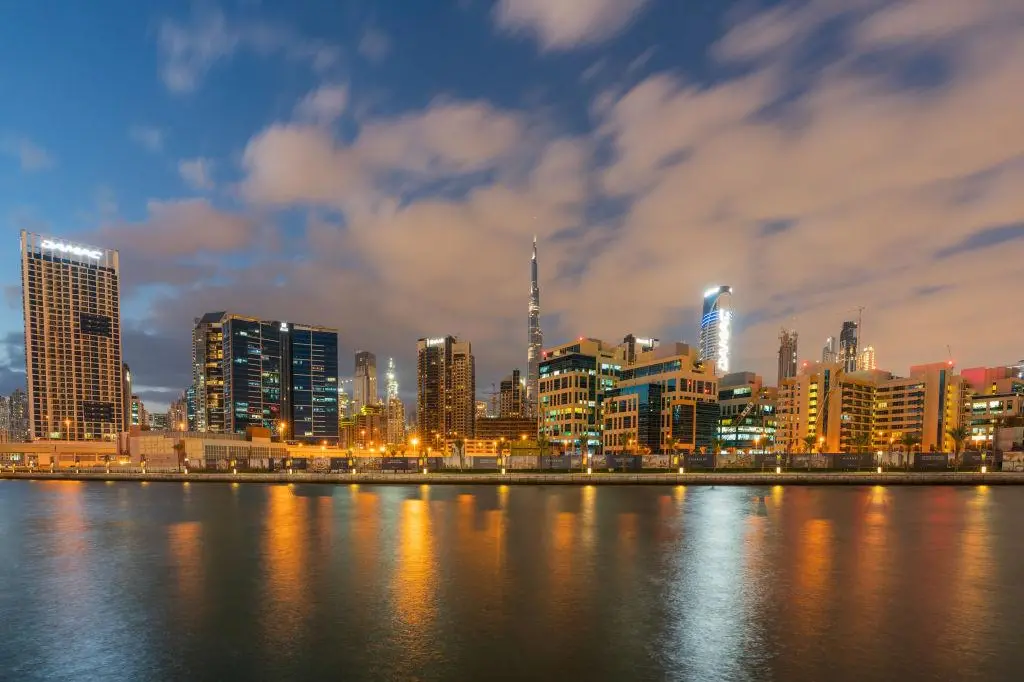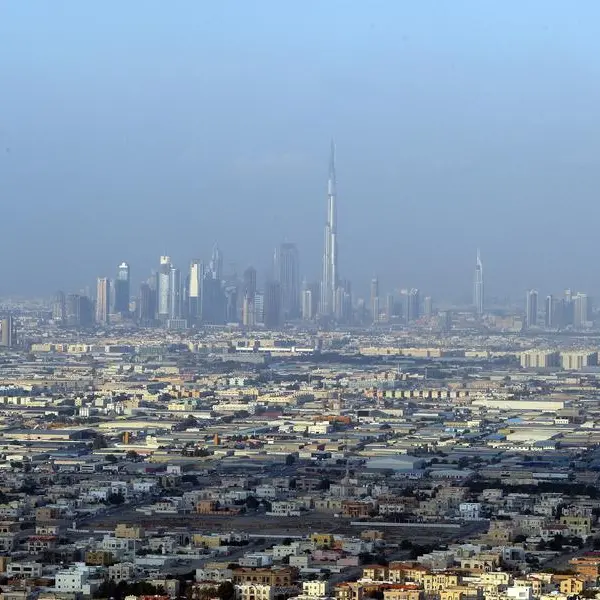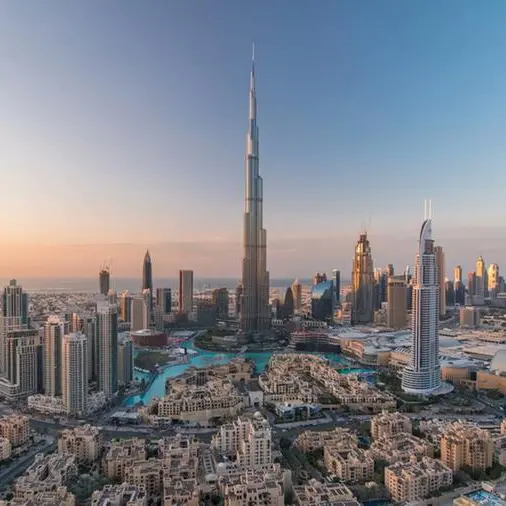PHOTO
Property prices rally in Dubai will continue next year, but the pace will slow down compared to 2023, with a growth rate of up to 10 per cent projected on the back of strong demand from residents, investors and high-net-worth individuals.
Analysts expect that the prime residential market will continue to drive the market, led by Jumeirah, Downtown, Palm Jumeirah and other high-end areas that have witnessed unprecedented demand in the post-pandemic period.
The surge in the rally is fuelled by a combination of factors, including a rise in foreign fund inflows, tenants transitioning into property ownership, a growing availability of ready-to-move-in properties, and the interest of investors seeking to capitalize on long-term residency programs like the Golden Visa, Retirement Visa, and Freelance Visa.
“With sustained demand and positive market sentiment, we foresee prices to continue witnessing steady increases in the range of 5-10 per cent over 2024 – albeit with the pace expected to slow down compared to the 20-25 per cent price increases witnessed in 2023,” says Prathyusha Gurrapu, head of research and consulting at Cushman & Wakefield Core.
Gurrapu foresees waterfront locations such as Palm Jumeirah and Jumeirah Bay and established districts including Downtown Dubai to continue witnessing relatively higher price increases next year.
According to Moody’s Investors Service, property prices have increased by about 15 per cent in Dubai and Abu Dhabi since the second quarter of 2021 and UAE real estate market conditions will remain healthy in the next 12-18 months, but demand will be slower than the past two years.
Lower prices
Prathyusha Gurrapu expects prices in upcoming areas such as Dubailand and Mohammed bin Rashid City where major handovers are expected, to foresee relatively lower price increases.
“The government’s continued push to make the city attractive to investors, tourists and residents is expected to underpin the positive market sentiment, job creation and in-turn population growth across income segments.
“We expect global wealth to continue gravitating to Dubai due to its favourable socio-economic positioning and developers launching products to cater to this demand resulting in high-ticket transactions. We also foresee overall transaction volumes to be steady due to a strong owner occupier and investor demand,” she added.
The property market, which has evolved over the past decade, has two distinct types of buyers. The first is UAE-based residents for whom affordability has weakened as property prices have risen, coupled with higher inflation and interest rates. The second investor type includes high-net-worth purchasers or millionaires who continue to support off-plan demand, some of which are based in the UAE.
“Most of these are cash buyers who are less sensitive to inflationary pressures and rising interest rates as compared to mortgage-financed buyers. The proportion of cash buyers has increased considerably in the last two years, benefiting from the UAE’s reputation as a safe haven,” it said.
For example, according to Moody’s, nearly 60 per cent of Sobha Realty’s total sales in 2022 were to non-UAE residents, most of whom were cash buyers. On the other hand, UAE-based buyers make up the bulk of development sales for Aldar in Abu Dhabi and more than half for Emaar Properties in Dubai.
New projects
UAE homebuilders continue to launch new projects, with demand even stronger than before the pandemic. New supply is steadily increasing as around 80,000 units
are under construction this year in Dubai and Abu Dhabi, according to real estate data companies Reidin and JLL.
Global ratings agency Moody’s expects homebuilders margins will also improve in the next 12-18 months.
“A number of developers have launched new projects in the past 18 months and off-plan sales have picked up significantly since. This has led to a significant increase in revenue backlogs across the board for developers,” Moody’s said, adding that the launch of new projects, coupled with the increase in demand, has led to an increase in gross margins across the board.
“UAE-based homebuilders are in a good position to capitalise on the growth opportunities in their domestic market. We expect leverage and Ebit to interest expense ratios to remain strong across the board. These companies continue to launch new projects and collect the bulk of the cash flow ahead of project completions,” Moody’s analysts said.
Copyright © 2022 Khaleej Times. All Rights Reserved. Provided by SyndiGate Media Inc. (Syndigate.info).





















